Racism claims and officers convicted of crimes: is UK policing due an overhaul?
Watchdog to investigate use of force against BAME groups as separate probe reveals criminal offenders in forces nationwide
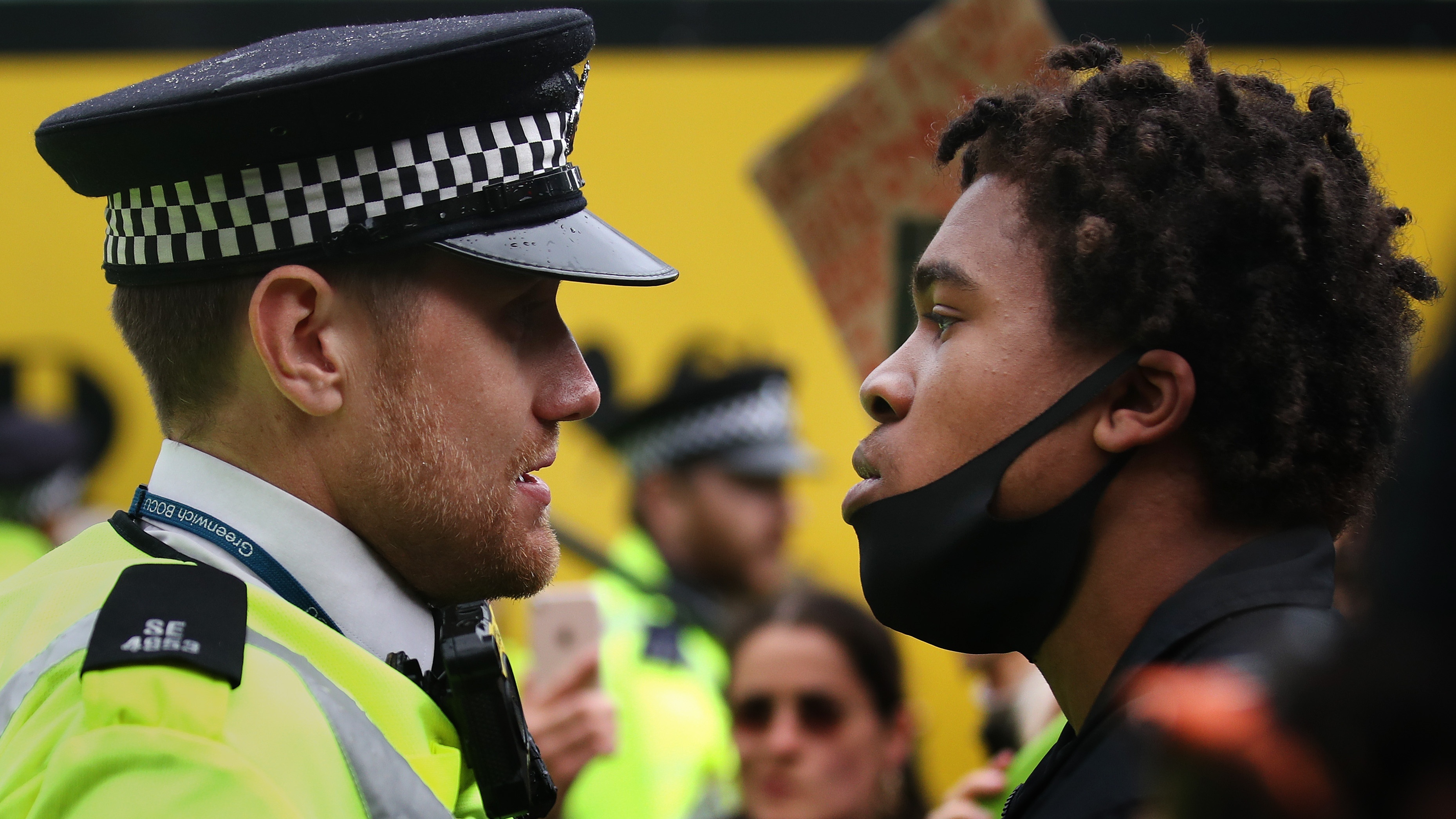
A free daily email with the biggest news stories of the day – and the best features from TheWeek.com
You are now subscribed
Your newsletter sign-up was successful
Hundreds of serving police officers in the UK have convictions for criminal offences including assault, burglary and drug possession, an investigation has revealed.
Police forces across the country employ at least 211 officers and police community support officers (PCSOs) who have been found guilty of crimes, according to Freedom of Information (FOI) data obtained by Sky News.
The publication of the figures comes a day after reports that police in England and Wales are to face an inquiry to establish whether officers racially discriminate against ethnic minorities in their use of force and of stop and search.
The Week
Escape your echo chamber. Get the facts behind the news, plus analysis from multiple perspectives.

Sign up for The Week's Free Newsletters
From our morning news briefing to a weekly Good News Newsletter, get the best of The Week delivered directly to your inbox.
From our morning news briefing to a weekly Good News Newsletter, get the best of The Week delivered directly to your inbox.
For which crimes have officers been convicted?
The National Police Chiefs’ Council (NPCC) told Sky News that having a criminal record has “never been an automatic bar to joining the police”, and insisted officers are vetted “throughout their service”.
Some officers have also been allowed to continue serving after being convicted while employed by forces. Their crimes include causing death by careless driving, assault and possession of a firearm.
And although only 211 officers are known to have convictions, the real number is likely to be much higher. Only 16 of the UK’s 45 territorial police forces responded to the FOI requests, “with many claiming it would cost too much to retrieve the information”, the broadcaster reports.
A free daily email with the biggest news stories of the day – and the best features from TheWeek.com
Among those that responded, North Wales Police admitted that 20 of its police officers and five PCSOs have criminal convictions, including assault, drug possession and cruelty to animals.
The Police Service of Northern Ireland (PSNI) said 99 serving officers had received criminal convictions while employed by the force, for offences including death by careless driving, assault, harassment and possession of a firearm/drunk in charge of a firearm.
Offences by Kent Police officers include assault, criminal damage and drink driving - with five of those convicted ranked “inspector or above”.
Other crimes by officers in police forces including Avon and Somerset, Dorset, Norfolk, Cheshire, and Devon and Cornwall include burglary, theft, obtaining money by deception, battery, possessing an imitation firearm in a public place, and data protection offences.
And the racism inquiry?
The Independent Office for Police Conduct (IOPC) is to investigate cases involving the use of force and stop and search to determine whether any racial discrimination was in play, according to The Guardian.
The police watchdog said said it would look for “trends and patterns which might help drive real change” and “investigat[e] more cases where racial discrimination may be a factor in order to develop a body of evidence to identify systemic issues which should be addressed”, the newspaper reports.
The inquiry comes amid renewed scrutiny on police forces worldwide in the wake of the killing of African-American man George Floyd during an arrest in Minnesota in May.
Police officers in England and Wales have repeatedly been accused of using stop and search powers disproportionately against black, Asian and minority ethnic (BAME) people.
According to an analysis of Home Office internal data last year, black people are 40 times more likely than white people to be stopped and searched by police in the UK.
The IOPC will also examine whether BAME people are being failed as victims of crime.
Are these policing problems new?
Although the protests triggered by Floyd’s death have fuelled calls to combat alleged racism within police forces, such accusations are by no means new.
“The policing of black British culture claims a long history”, wrote Lambros Fatsis, a lecturer in sociology and criminology at Southampton University, in a 2018 article on The Conversation.
“It might take another Black Lives Matter moment to wake up to police racism and recognise that when policing is part of the problem, it can’t also be the solution to violent crime,” Fatsis predicted.
The Metropolitan Police force was infamously branded “institutionally racist” back in 1999 by retired High Court judge William Macpherson, who led the public inquiry into the fatal stabbing of black teenager Stephen Lawrence in 1993.
Little appears to have changed in the ensuing decades.
The Met “receives more than 250 complaints alleging racism on average each year and less than 1% are upheld”, The Guardian reports.
Is it time for an overhaul of UK policing?
Police forces across the UK are under pressure to prove that they have listened to the voices of Black Lives Matter protestors.
Confirming the upcoming IOPC inquiry, due to begin this autumn, the watchdog’s director general Michael Lockwood said: “Evidence of disproportionality in the use of police powers has long been a concern which impacts on confidence in policing, particularly in the BAME communities.”
Experts say changing the way that officers work - whether through more socially conscious community policing strategies, better training and education, or changes to recruitment policies - is key to regaining public confidence in police.
The IOPC vowed that “it would not shy away from any conclusion if it found evidence to support it, including that systemic racism was at play”, The Guardian reports.
“We can then see if there is a need to change policing policy or practice,” Lockwood said.
-
 The Week Unwrapped: Do the Freemasons have too much sway in the police force?
The Week Unwrapped: Do the Freemasons have too much sway in the police force?Podcast Plus, what does the growing popularity of prediction markets mean for the future? And why are UK film and TV workers struggling?
-
 Properties of the week: pretty thatched cottages
Properties of the week: pretty thatched cottagesThe Week Recommends Featuring homes in West Sussex, Dorset and Suffolk
-
 The week’s best photos
The week’s best photosIn Pictures An explosive meal, a carnival of joy, and more
-
 Why have homicide rates reportedly plummeted in the last year?
Why have homicide rates reportedly plummeted in the last year?Today’s Big Question There could be more to the story than politics
-
 How the ‘British FBI’ will work
How the ‘British FBI’ will workThe Explainer New National Police Service to focus on fighting terrorism, fraud and organised crime, freeing up local forces to tackle everyday offences
-
 ‘Stakeknife’: MI5’s man inside the IRA
‘Stakeknife’: MI5’s man inside the IRAThe Explainer Freddie Scappaticci, implicated in 14 murders and 15 abductions during the Troubles, ‘probably cost more lives than he saved’, investigation claims
-
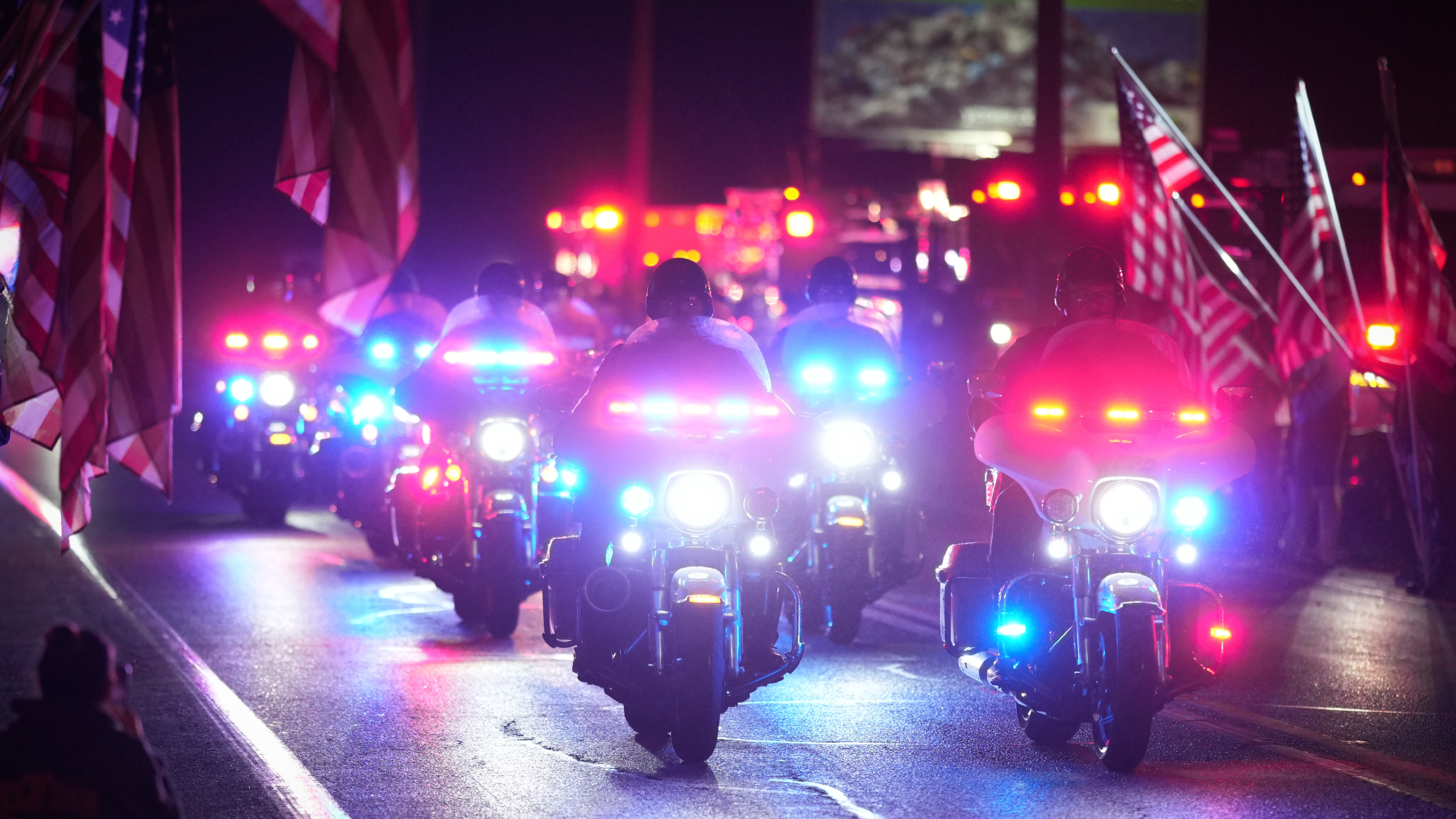 3 officers killed in Pennsylvania shooting
3 officers killed in Pennsylvania shootingSpeed Read Police did not share the identities of the officers or the slain suspect, nor the motive or the focus of the still-active investigation
-
 Dash: the UK's 'flawed' domestic violence tool
Dash: the UK's 'flawed' domestic violence toolThe Explainer Risk-assessment checklist relied on by police and social services deemed unfit for frontline use
-
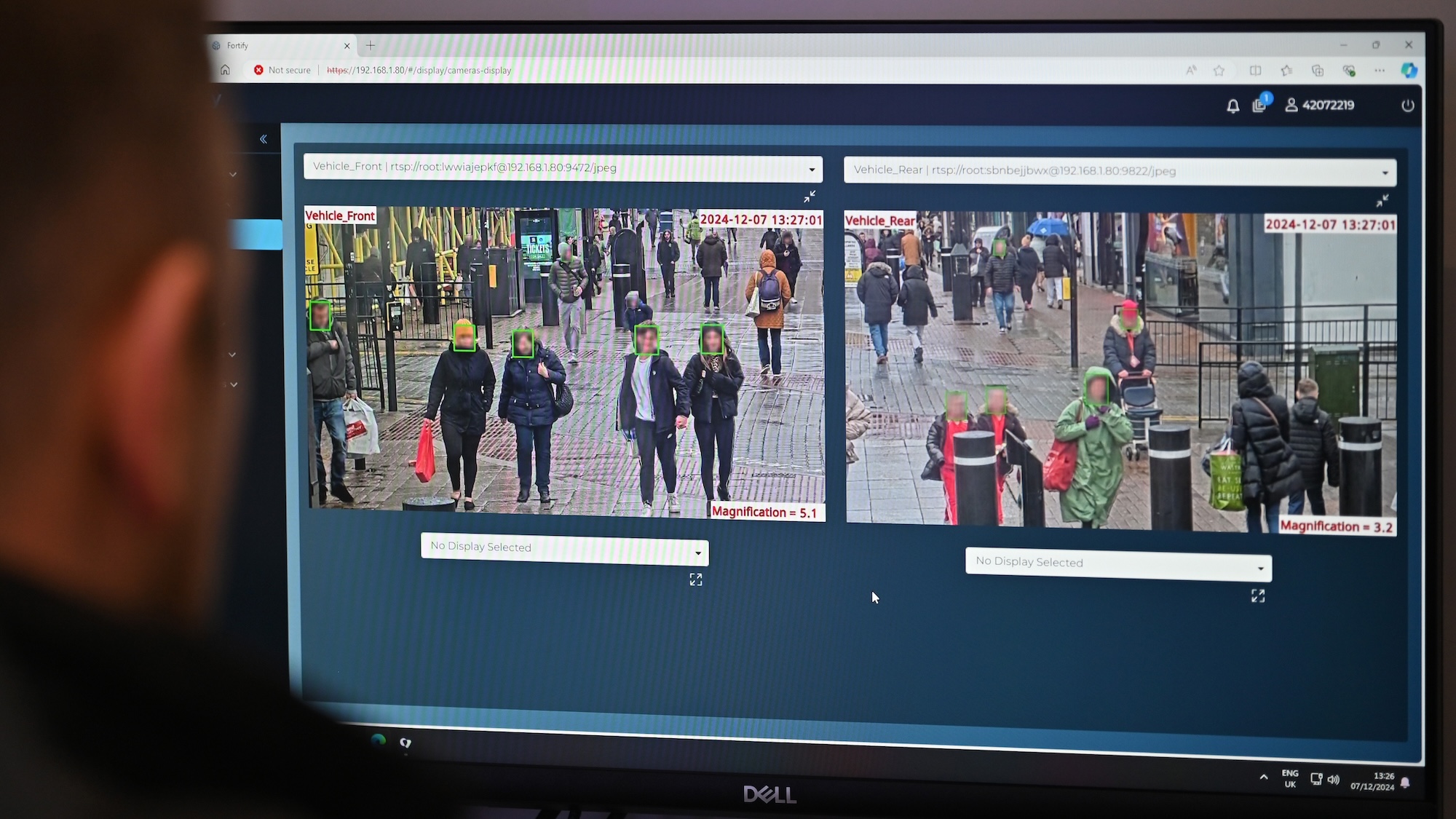 The ethics behind facial recognition vans and policing
The ethics behind facial recognition vans and policingThe Explainer The government is rolling out more live facial recognition technology across England
-
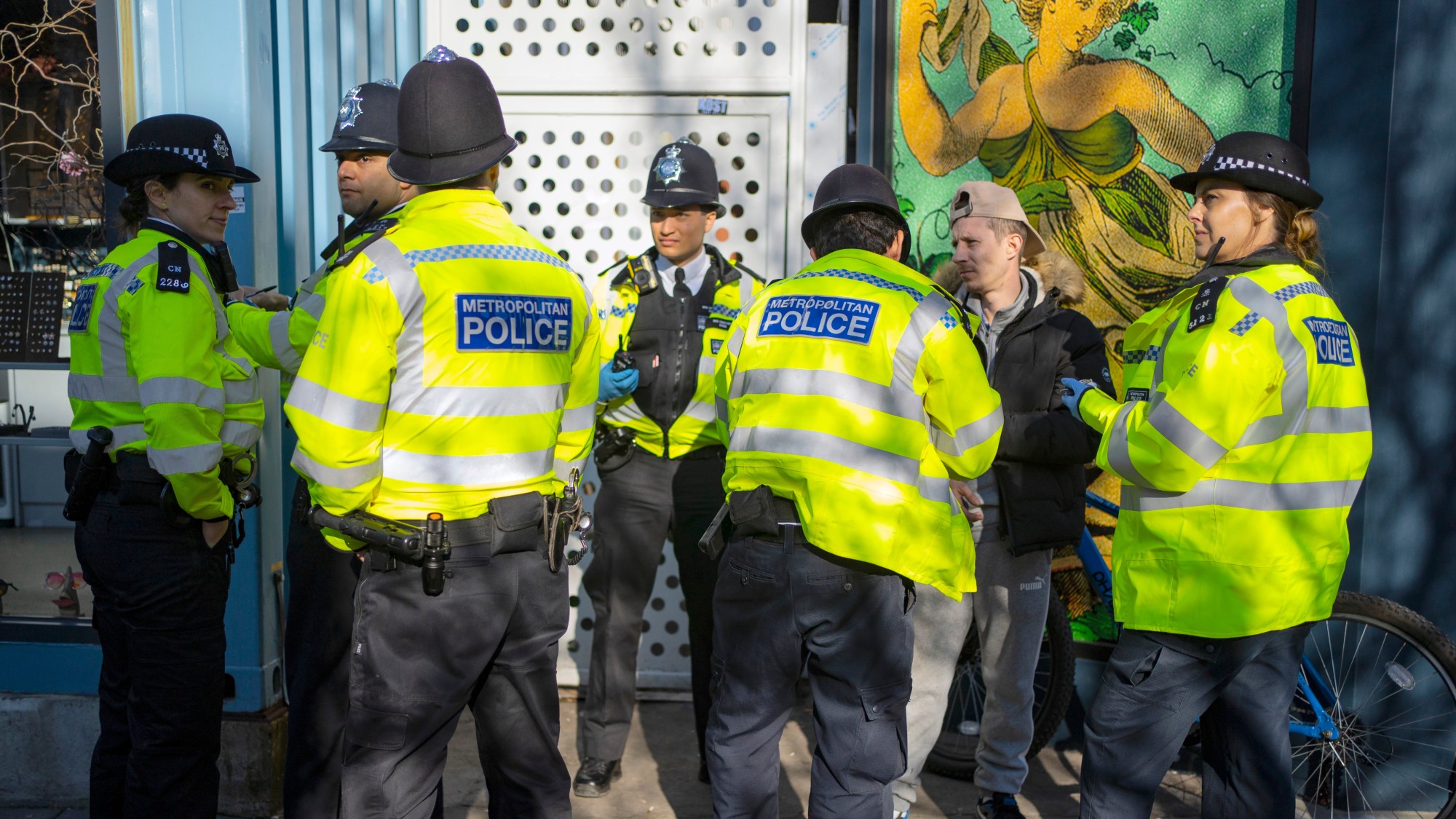 The Met police's stop and search overhaul
The Met police's stop and search overhaulThe Explainer More than 8,500 Londoners have helped put together a new charter for the controversial practice
-
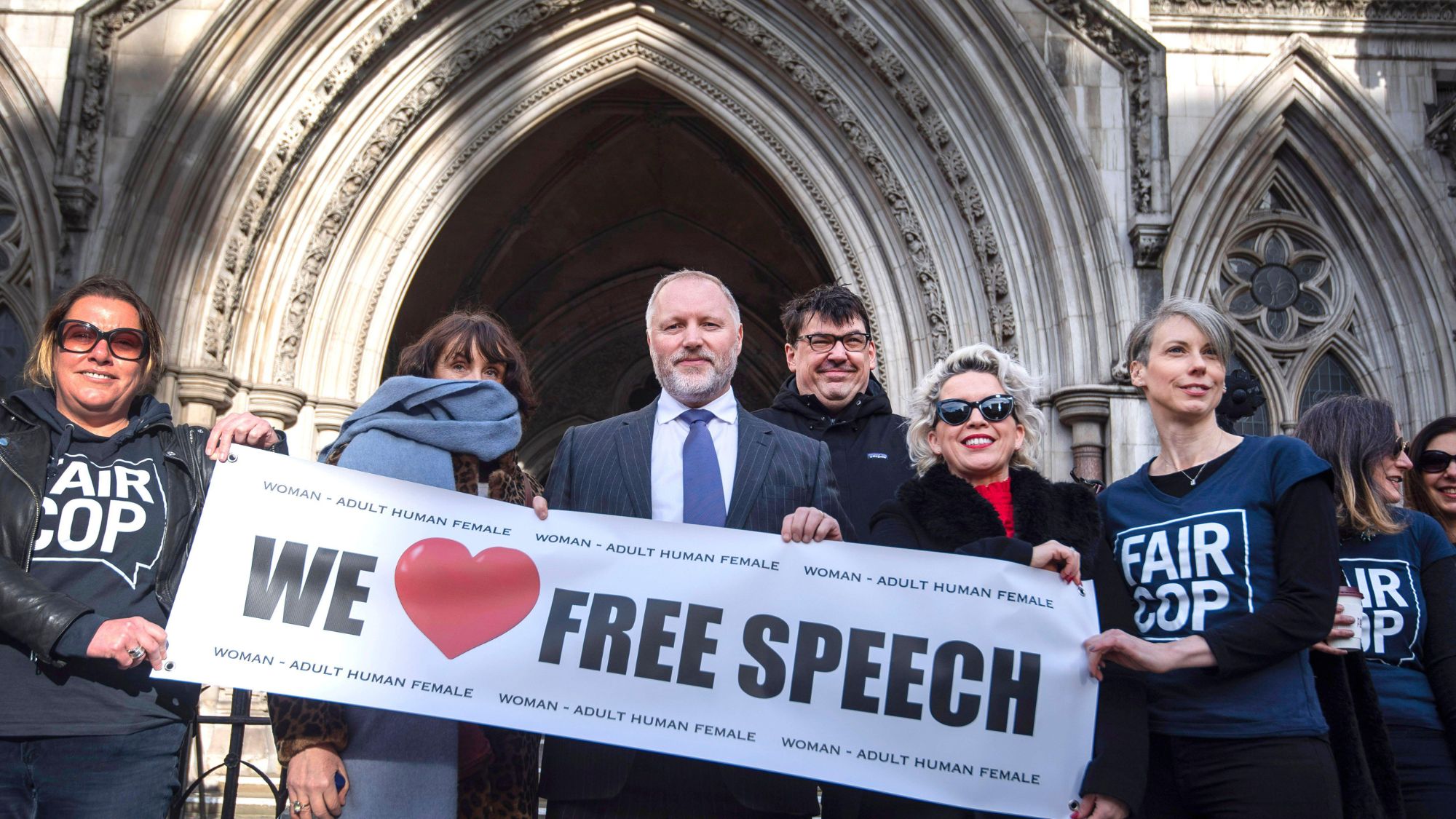 NCHIs: the controversy over non-crime hate incidents
NCHIs: the controversy over non-crime hate incidentsThe Explainer Is the policing of non-crime hate incidents an Orwellian outrage or an essential tool of modern law enforcement?